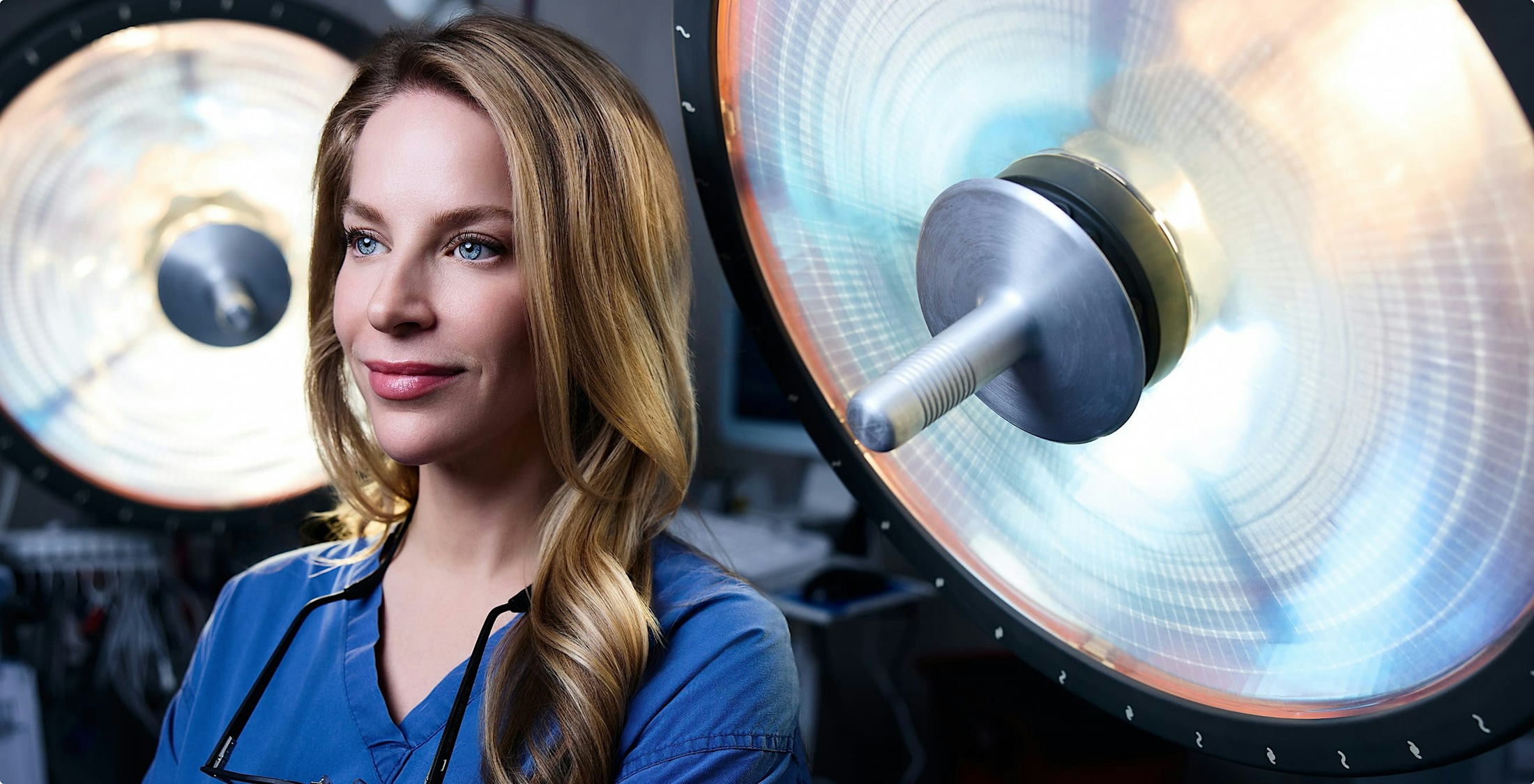Congenital eyelid differences can affect both appearance and eye function from an early age. With compassionate care and meticulous skill, specialized surgery can restore proper eyelid structure while supporting healthy development and visual comfort.
What Are Congenital Eyelid Differences?
Congenital eyelid differences refer to a group of conditions present at birth that alter the shape, function, or position of the eyelids. These differences may be inherited or arise during fetal development and can vary from mild to complex.
Depending on the diagnosis, these conditions may cause incomplete eyelid closure, poor tear drainage, or exposure of the eye. Early treatment helps preserve vision and prevent long-term complications.









